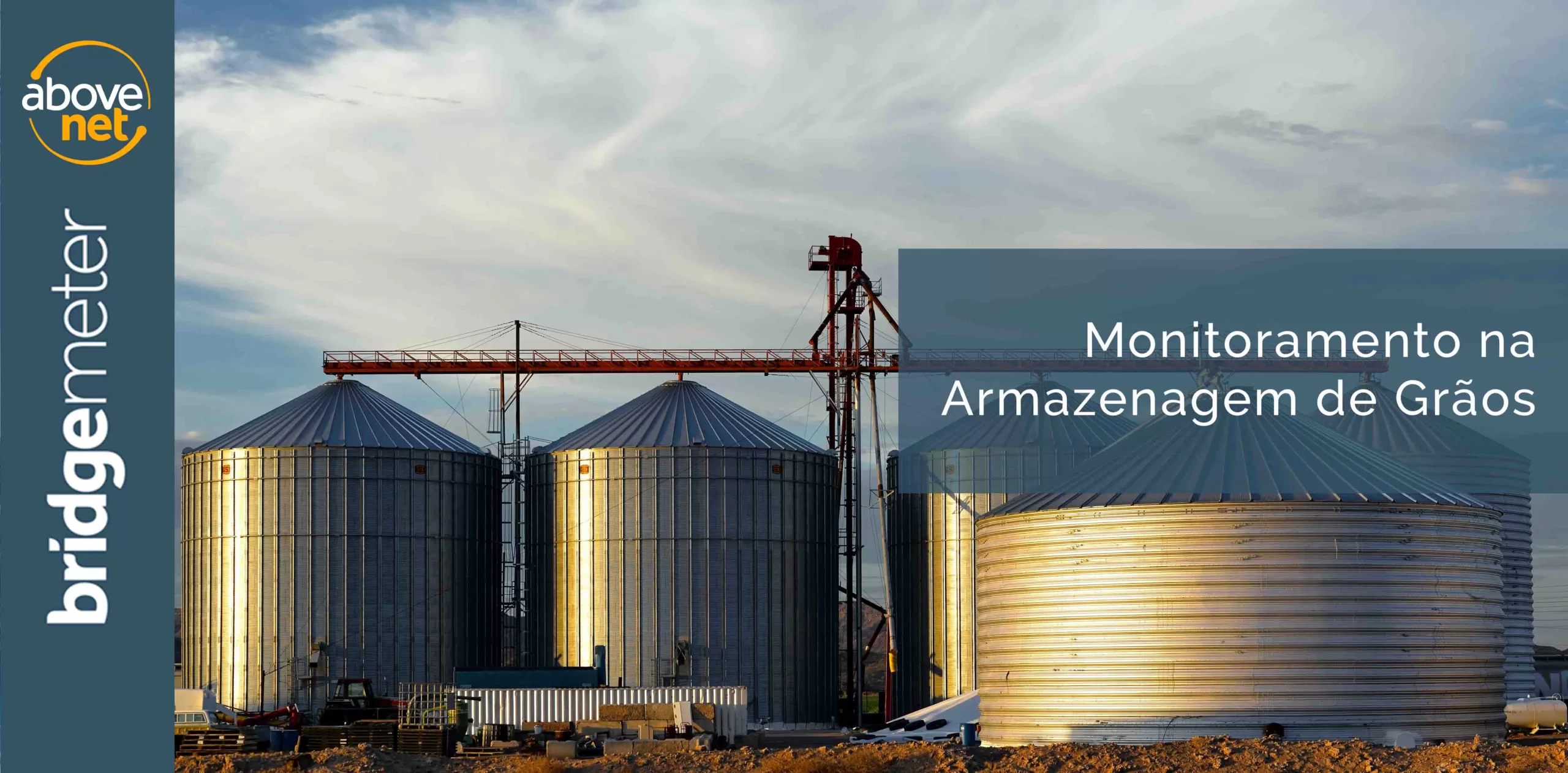
Brazil is internationally recognized as a major exporter of agricultural products. However, due to flaws in storage processes and low storage capacity, losses reach 20%, considerably reducing the efficiency and productivity of national production.
The agricultural market is demanding and requires a high level of operational sophistication, with a transaction volume where any loss is significant. Maximizing production requires agility and automation , which can only be achieved through monitoring and telemetry to correct problems in time.
According to the National Rural Learning Service (Senar), 10% of national production is affected by biological, physical and chemical contaminants in the pre- and post-harvest phases of grains.
Proper storage under ideal conditions, achieved through the use of technology and real-time monitoring, optimizes grain sales . This allows producers to strategically choose the sales period, increasing their negotiation autonomy.
Among the main factors for grain loss, we can mention:
- Non-standard discharges in the warehouse, damaging the grains.
- High grain impurity rate
- Variation in grain water content
- Improper drying of grains
- Exposure of grains to air
Storage temperature must be measured and monitored constantly. Grains exposed to uncontrolled temperatures are susceptible to fungal attacks because their water content changes.
For storage to be correct and safe, the grains need to remain at 12 or 13% moisture after harvest, in an environment controlled by drying machines, making it essential to control the operation parameters.
Another aspect that directly influences production quality is equipment maintenance , whether electrical, electronic, or mechanical. Bridgemeter Above-Net 's IIoT (Industrial Internet of Things) solution, compatible with virtually any equipment, device, or sensor . It allows not only remote monitoring of operations but also equipment telemetry to track wear and tear and anticipate unexpected failures.
Real-time decision support
Bridgemeter was designed and built to capture, process, alert and store information in real time , truly offering a decision support solution, acting dynamically in processes with impactful results in reducing operational costs , increasing safety and efficiency.
Its benefits from agricultural production are:
- Immediate identification of deviations in the operation
- Compatibility with different types of sensors and agricultural machines
- Low implementation cost
- Real-time monitoring
- Remote operation management
- Configurable and scalable alarms and notifications
Through monitoring, telemetry, predictive analytics, intelligence in data analysis, and alarm triggering for the maintenance team, agricultural managers take full control of the operation.
Interested in Industrial Telemetry and IoT Solutions?

